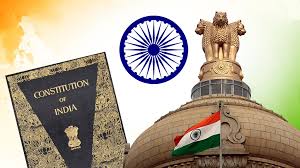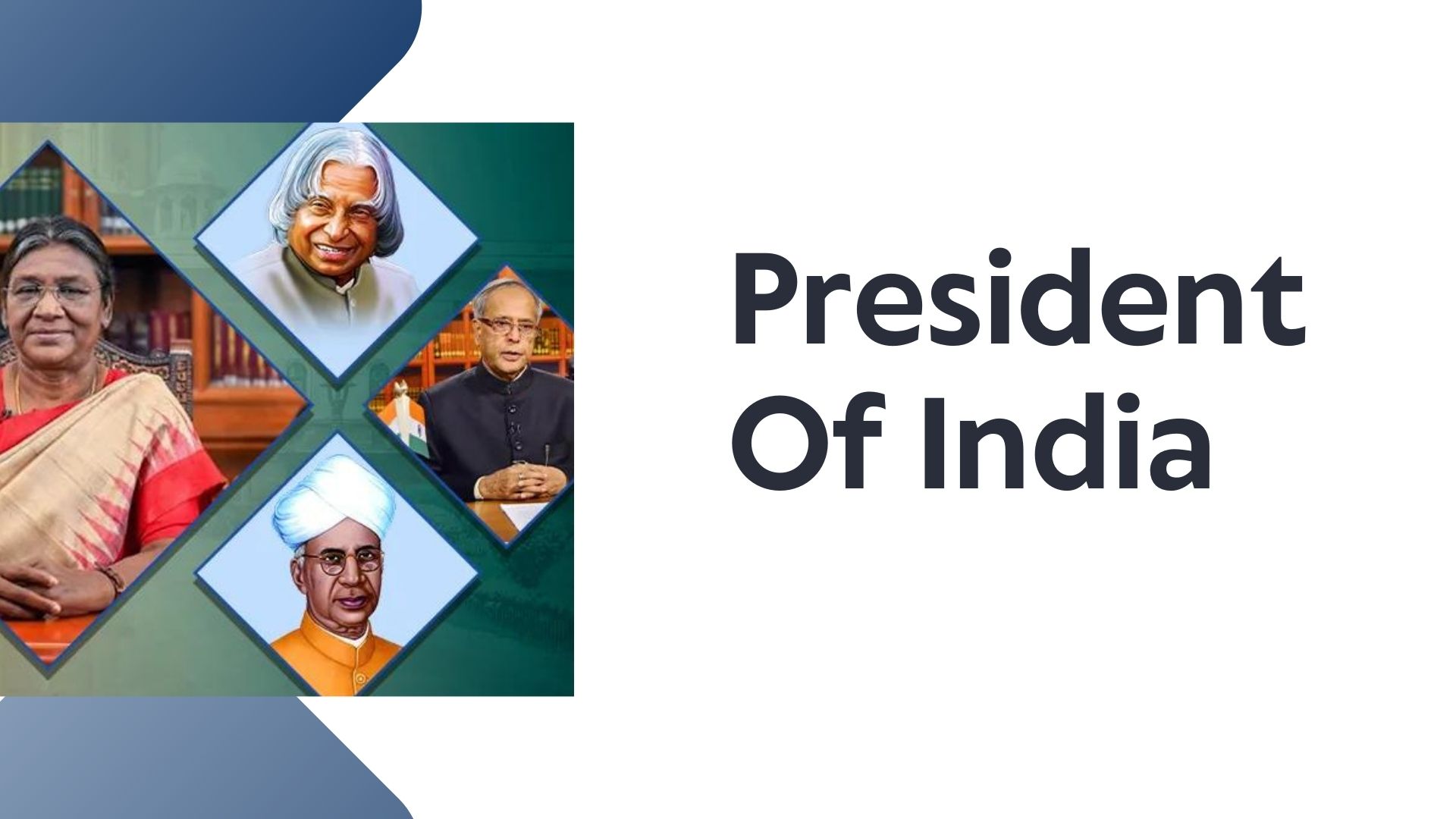Fundamental Duties: As responsible Indian citizens, we are bestowed with certain rights and duties. Alongside our rights, it is crucial to be aware of our Fundamental Duties and fulfil them conscientiously. These duties require us to adhere to the laws of the land and fulfil our legal obligations. The Indian Constitution outlines 11 Fundamental Duties that serve as guiding principles for citizens. These duties encompass a wide range of responsibilities, reflecting the values and ideals that contribute to the betterment of our society and nation as a whole.
Initially, the Indian Constitution only included fundamental rights without Fundamental Duties. The duties of the State were outlined as Directive Principles of State Polity. However, in 1976, Fundamental Duties of the Indian Constitution were added for citizens. The fundamental duties are taken from the constitution of the former USSR.
Background of Fundamental Duties
During the internal emergency (1975-1977), the Congress Party established the Sardar Swaran Singh Committee in 1976. The committee recommended incorporating a separate chapter on Fundamental Duties in the Constitution. It emphasised the importance of citizens recognising their duties alongside their rights.
42nd Constitutional Amendment Act: Accepting the committee’s recommendations, the Congress Government enacted the 42nd Constitutional Amendment Act in 1976.
Part IV-A was added to the Constitution, which introduced Article 51A. This article outlined ten Fundamental Duties for citizens, marking their first explicit mention in the Constitution.
Incorporated Duties: While the Swaran Singh Committee initially suggested eight Fundamental Duties, the 42nd Constitutional Amendment Act expanded the list to ten.
Duty to educate: In 2002, Article 51(k) was added, which stated that it is a fundamental duty of every citizen who is a parent or a guardian to provide opportunities for free and compulsory education to a child who is between 6 years to 14 years of age.
List of 11 Fundamental Duties of India
The Indian Constitution includes a single Article, Article 51A, in Part IV-A, which deals with Fundamental Duties. These duties were added through the 42nd Amendment Act in 1976, outlining 11 Fundamental Duties for citizens. They are as follows:
Article 51A: Fundamental duties – It shall be the duty of every citizen of India…
(a)to abide by the Constitution and respect its ideals and institutions, the National Flag and the National Anthem.
(b)to cherish and follow the noble ideals which inspired our national struggle for freedom.
(c)to uphold and protect the sovereignty, unity and integrity of India.
(d)to defend the country and render national service when called upon to do so.
(e)to promote harmony and the spirit of common brotherhood among all the people of India, transcending religious, linguistic and regional or sectional diversities; to renounce practices derogatory to the dignity of women.
(f)to value and preserve the rich heritage of our composite culture.
(g)to protect and improve the natural environment, including forests, lakes, rivers and wildlife, and to have compassion for living creatures.
(h)to develop the scientific temper, humanism and the spirit of inquiry and reform.
(i)to safeguard public property and to abjure violence.
(j)to strive towards excellence in all spheres of individual and collective activity so that the nation constantly rises to higher levels of endeavour and achievement.
(k)who is a parent or guardian to provide opportunities for education to his child or, as the case may be, a ward between the age of six and fourteen years.
Features of Fundamental Duties
The main features of the Fundamental Duties are:
Moral and civic duties: The Fundamental Duties encompass both moral and civic obligations. They include responsibilities such as cherishing the noble ideals of the freedom struggle under Article 51A (b) (a moral duty) and respecting the Constitution, National Flag, and National Anthem under Article 51A(a) (a civic duty).
Rooted in Indian tradition: The Fundamental Duties are derived from values deeply embedded in Indian tradition, mythology, religions, and practices. For example, the duty to renounce practices derogatory to the dignity of women has been rooted in the Indian tradition for ages.
Applicable to citizens: Unlike certain Fundamental Rights that extend to all individuals, including foreigners, the Fundamental Duties are specifically applicable to Indian citizens.
Non-justiciable: Similar to the Directive Principles of State Policy, the Fundamental Duties are non-justiciable. However, the Parliament has the authority to enforce these duties through suitable legislation.
Importance of Fundamental Duties
According to the late Prime Minister Indira Gandhi, the moral value of fundamental duties lies in establishing a democratic balance by making individuals equally conscious of their duties as they are of their rights, without suppressing the importance of rights themselves. The Fundamental Duties are considered important from the following viewpoints:
Reminding citizens of their responsibilities: The inclusion of Fundamental Duties serves as a reminder to citizens that while enjoying their rights, they also have obligations towards their country, society, and fellow citizens.
Warning against anti-national activities: Fundamental Duties warn against anti-national or antisocial activities, such as burning the national flag or destroying public property. They help in fostering a sense of respect and reverence towards national symbols and public resources.
Inspiring discipline and commitment: Fundamental Duties inspire citizens and promote a sense of discipline and commitment. They encourage citizens to actively participate in the realisation of national goals actively, fostering a collective effort towards nation-building.
Assisting in determining constitutional validity: Fundamental Duties play a role in judicial review.
According to a 1992 Supreme Court decision, a court may consider a law to be “reasonable” in relation to Article 14 (equality before the law) or Article 19 (six freedoms) and thus prevent it from being unconstitutional if it finds that the law in question seeks to carry out a fundamental duty.
Political justification: The inclusion of Fundamental Duties was justified by H.R. Gokhale, the then Law Minister, and Indira Gandhi, the then Prime Minister, as a means to strengthen democracy and establish a balance between rights and duties.





